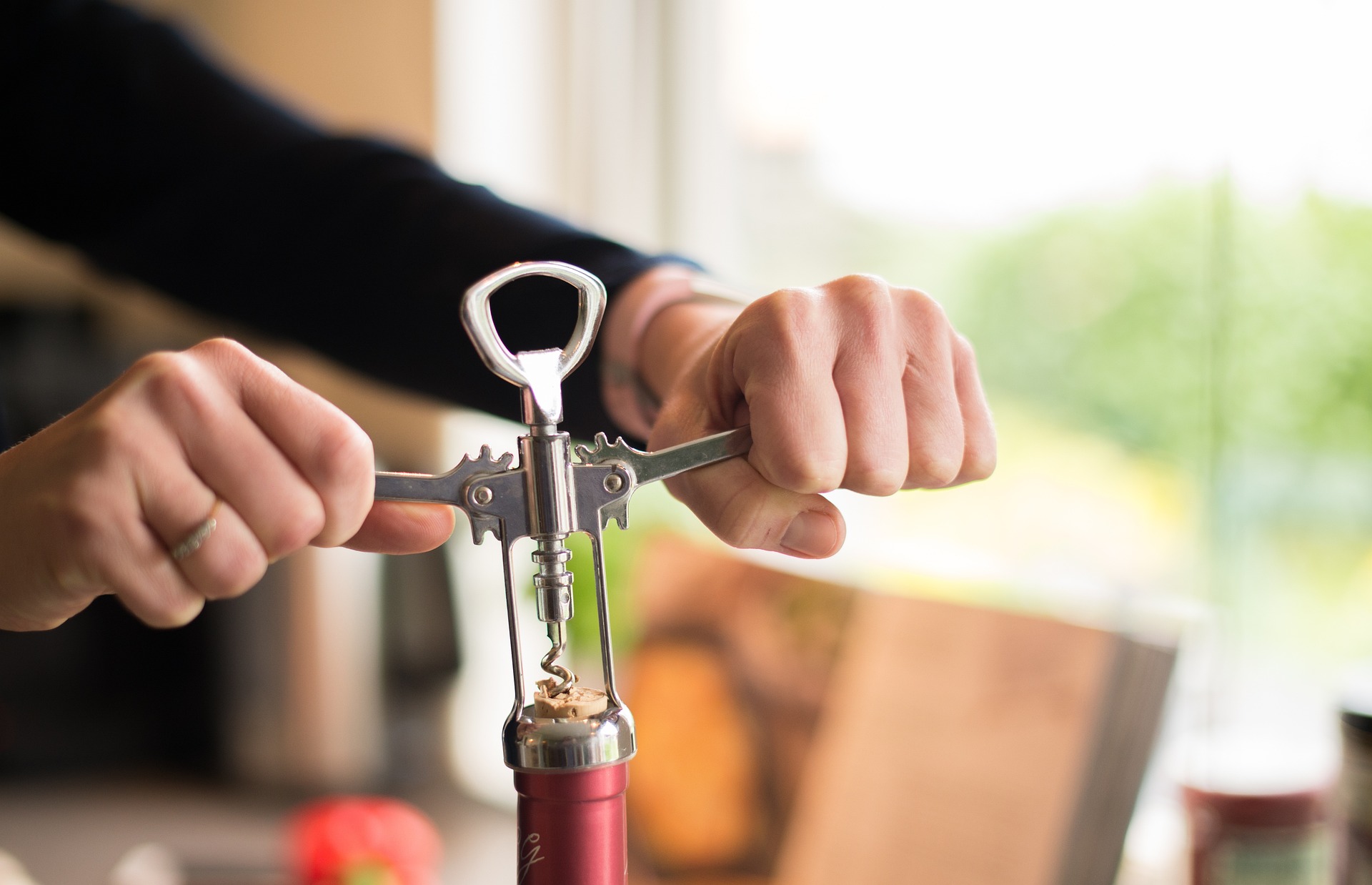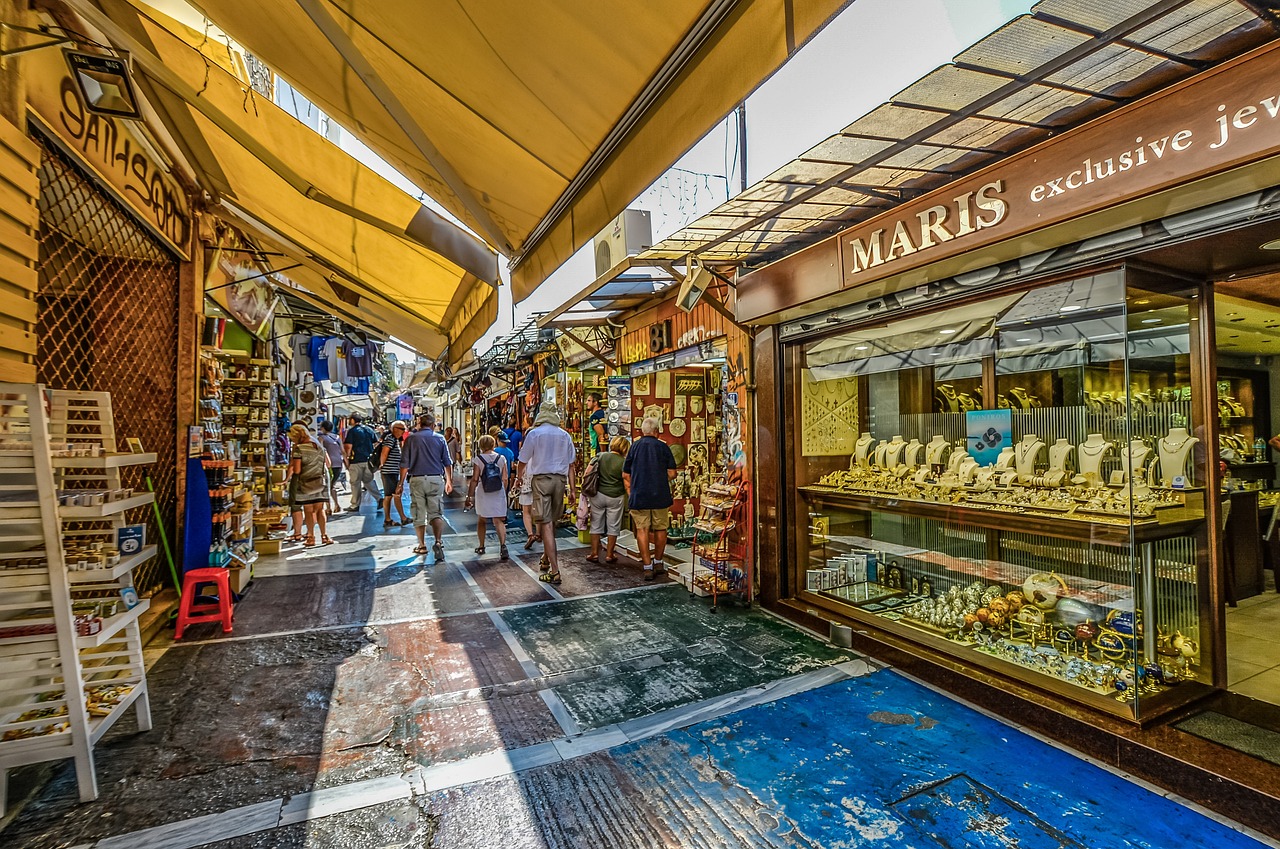Going on a trip to a new and exciting destination is a great chance to explore new cultures and make memories that will last a lifetime. However, amidst the thrill of travel, it’s essential to exercise caution when purchasing souvenirs and other items. From legal considerations to practical concerns like suitcase space and saving money, understanding what to avoid can enhance your travel experience and ensure smooth sailing through the airport. Check out these travel tips for making the most out of your adventures while staying within your budget and avoiding unnecessary purchases.
Fragile items

Refraining from purchasing fragile items on vacation is a smart decision for several reasons. Firstly, the rigors of travel, including packing and transportation, increase the likelihood of fragile items being broken or damaged. Fragile souvenirs like glassware and ceramics aren’t likely to make it to your final destination in one piece, especially if they are in your checked baggage.
Fragile items can also add unnecessary weight and bulk to luggage, which can be an issue when checking bags at the airport. Leaving behind fragile souvenirs can help you avoid unnecessary overweight bag charges.
Illegal items

While this one may seem obvious, it is often overlooked due to unfamiliarity with laws in different countries. Every country has different rules and regulations as to what can be taken in and out of the area, and it is your job as a tourist to adhere to these rules. Purchasing illegal items, such as wildlife products, counterfeit goods, or substances prohibited by local laws, can have serious consequences, including hefty fines and legal prosecution.
One of the most important laws to check in on when traveling are the rules surrounding drugs and alcohol in specific countries. While the USA, UK, and Europe are not typically strict on alcohol laws, there are several countries in Asia and the Middle East with firm rules surrounding the purchase and consumption of alcohol.
Electronics

While the allure of buying the latest gadgets or tech accessories abroad may be tempting, there are several reasons why you should avoid purchasing electronics. Firstly, electronics purchased in different countries may lack warranty coverage or authenticity, increasing the risk of buying faulty or counterfeit products. Additionally, if the product needs repairs, you may not be able to get the item fixed back in the United States.
Also, navigating the complexities of different voltages and regional specifications can lead to compatibility issues or the need for additional adapters and converters, which could be more costly in the long run. Therefore, it’s best to purchase electronics in your home country from a seller you can trust.
Certain foods

While some foods, such as candy and chips, are generally fine to purchase and bring home with you, other foods are best left behind. Fresh fruits and vegetables are susceptible to spoilage during travel, especially in warm climates, posing a risk of illness if consumed after several hours of sitting in your suitcase. Additionally, strict regulations imposed by the USDA prohibit travelers from bringing back most poultry meat or poultry meat products into the United States due to concerns about disease transmission and food safety standards.
Heavy items

Avoiding the purchase of heavy items on vacation is a practical approach to ensuring convenience and comfort throughout your journey. Heavy items not only add unnecessary weight to your luggage but can also take up a lot of space in your suitcase. Additionally, carrying bulky purchases can quickly become very physically demanding, especially if you’re navigating crowded streets, going up and down stairs, or switching between different modes of transportation. By opting to avoid heavy items, you can reduce physical strain and avoid overweight baggage fees at the airport.
Full-sized toiletries

If you choose to purchase your toiletries at your final destination, then it is smart to opt for travel-sized options. Purchasing full-sized toiletries is typically a bad idea as you will likely not use all of the product, requiring you to throw away most of the items before returning home. Bulky toiletries can also take up a lot of space in your suitcase, causing your baggage to be overweight.
One great travel hack for toiletries is taking advantage of the free products your hotel offers. Many hotels already have items such as shampoo, conditioner, and deodorant in the room. Additionally, you can often ask for extra items such as makeup remover wipes, toothpaste, and samples of perfume.
Items you can easily find at home

While the excitement of exploring new destinations may prompt impulse buys, it’s important to consider whether the items are truly unique or essential to your trip. Many everyday items, from clothing and jewelry to household goods, can be readily available in your hometown at comparable or even lower prices. By resisting the temptation to shop for familiar items while on vacation, you can prevent overspending and save valuable luggage space for souvenirs and items that are unique to your destination.
Travel tips: What should you buy on your trip?

So, what should you purchase during your travels? When it comes to shopping on vacation, focus on purchasing items that are unique to the destination and offer genuine cultural significance or personal value. Consider purchasing one-of-a-kind items like locally made crafts, artisanal products, or candy and treats that capture the essence of the place you are visiting. Prioritizing these meaningful purchases can help you save money, support local businesses, and bring home unique items that you truly cannot get anywhere else.




